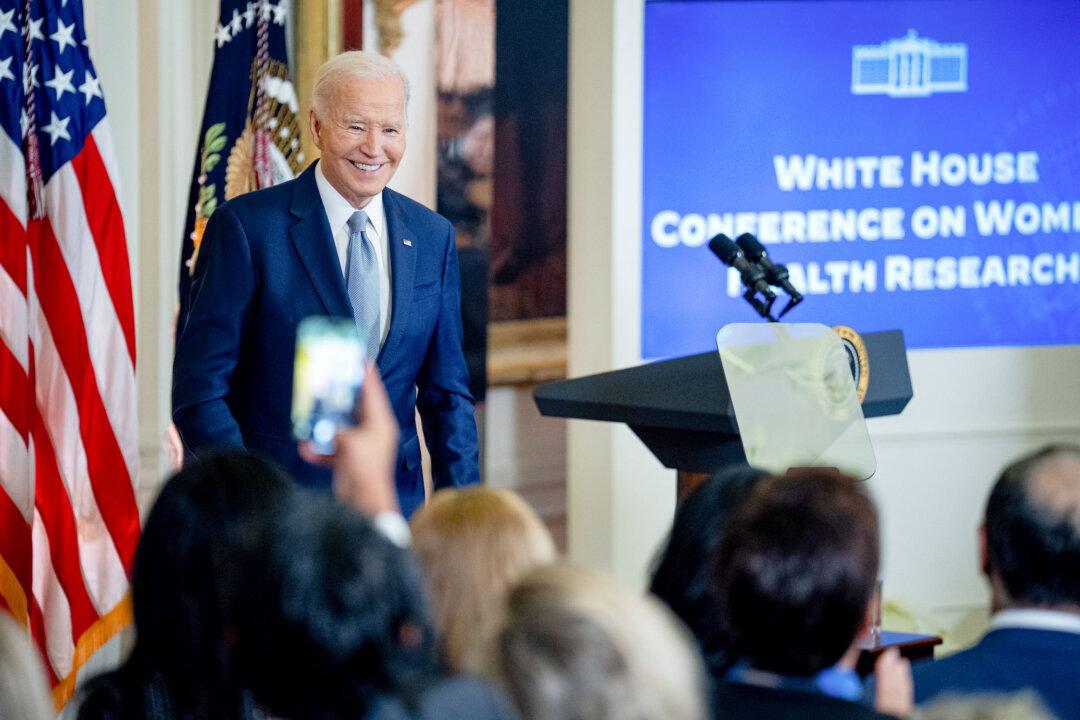WASHINGTON—The White House in a memo on Dec. 15 outlined President Joe Biden’s key priorities to accomplish his stated goals before leaving office next month.
The president’s priorities include expanding clemency and pardons, advancing climate-related initiatives, providing student debt relief, and addressing concerns about artificial intelligence (AI), according to a memo by Ben LaBolt, senior adviser to the president and communications director. Biden will also prioritize allocating additional funds from his signature laws, including the Inflation Reduction Act (IRA) and the CHIPS Act.





